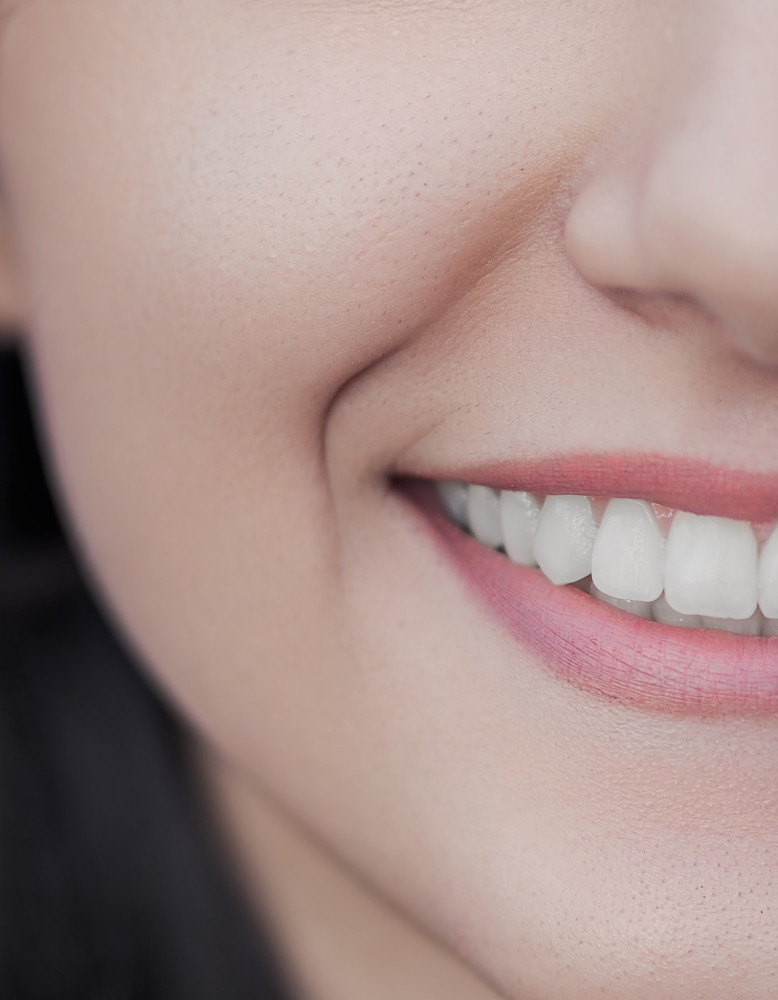Prophylaxis / Professional Teeth Cleaning
The nuts and bolts of healthy teeth is prophylaxis.
Why prophylaxis?
The reason that your teeth and the periodontium fall ill is in most cases bacteria. They use impurities of the teeth as a food base. Through these bacteria diseases such as caries, gingivitis or periodontitis are caused. Those diseases can be counteracted by regular prophylaxis in the form of a professional teeth cleaning.
What is done in the professional dental cleaning?
I remove the tartar and clean the teeth at the locations that are inaccessible to your home care options. The subsequent polishing removes surface stains in addition, so that in some cases even a whitening of the teeth can be achieved. The final fluoridation acts as a cure package for your teeth and helps the enamel to build a stable shield against tooth decay. In deeper pockets (periodontitis) an antibacterial gel is inserted.
I will show you during treatment cleaning weakness positions, and give you tips to improve home care. If necessary and requested I also like to practice the application with you.
I will show you during treatment cleaning weakness positions, and give you tips to improve home care. If necessary and requested I also like to practice the application with you.
How often must a professional dental cleaning be carried out?
The frequency of prophylaxis depends on the severity of preceding diseases or complaints.
In patients with few pre-existing conditions in the oral cavity, an annual prophylaxis is often enough.
In the presence of periodontal disease a treatment is recommended two to four times a year.
In patients with few pre-existing conditions in the oral cavity, an annual prophylaxis is often enough.
In the presence of periodontal disease a treatment is recommended two to four times a year.
Prophylaxis in pregnancy
During pregnancy, the care of the oral cavity is particularly important. The hormonal changes during pregnancy can also affect the oral cavity in the form of pregnancy gingivitis. This can be counteracted by professional tooth cleaning.
At the same time during professional dental cleaning, the number of bacteria possibly occurring periodontal pathogens is reduced. These germs can promote premature births and spontaneous abortions.
The germ reduction has later also a positive impact on the child. The oral cavity of the fetus is initially sterile, only during the birth and after that it takes germs from the environment and the mother. The mother can thus indirectly protect the child at least in the early years by her own good oral hygiene.
At the same time during professional dental cleaning, the number of bacteria possibly occurring periodontal pathogens is reduced. These germs can promote premature births and spontaneous abortions.
The germ reduction has later also a positive impact on the child. The oral cavity of the fetus is initially sterile, only during the birth and after that it takes germs from the environment and the mother. The mother can thus indirectly protect the child at least in the early years by her own good oral hygiene.


